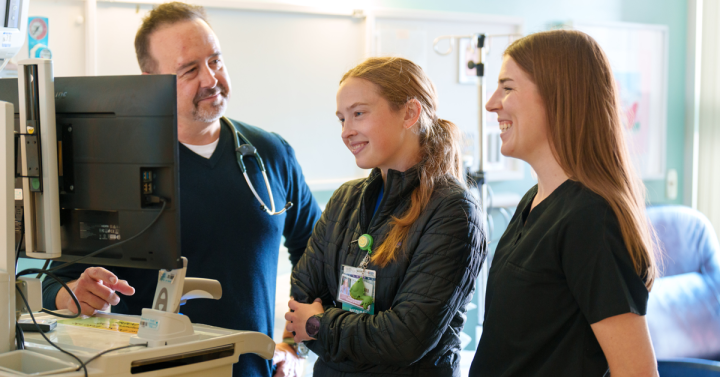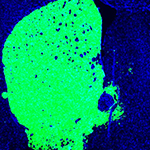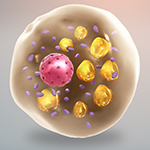Havacado or Two. Study Finds Eating Lots of the Fruit Hass Public Health Import
Novel randomized controlled trial found that families with high consumption of avocados experienced reduced caloric intake and an overall healthier diet, without actually changing their diet.


















